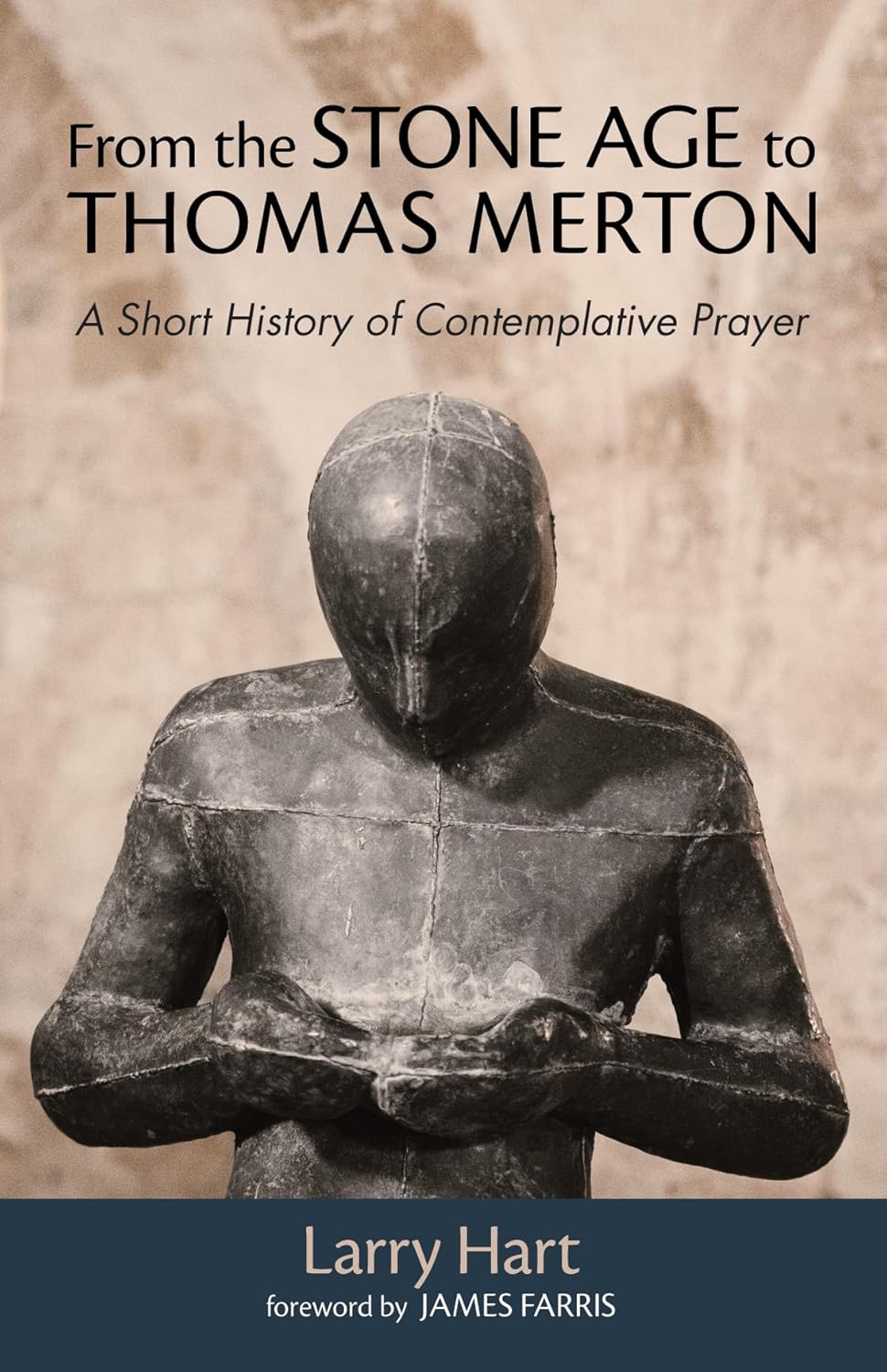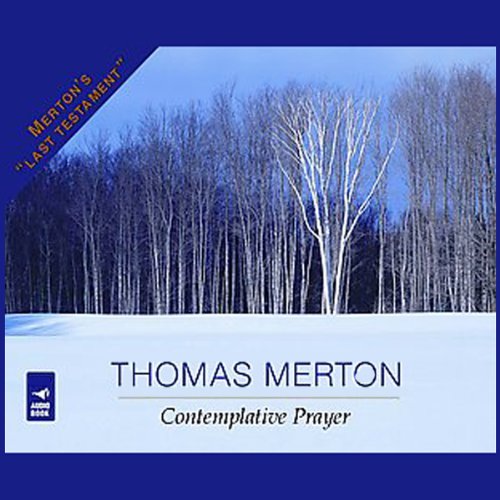In our fast-paced and often chaotic world, the pursuit of inner peace has become an essential goal for many individuals seeking balance and tranquility. Among the various methods to achieve this state of serenity, the teachings of Thomas Merton, a Trappist monk and renowned writer, offer profound insights into the practice of contemplative prayer. This article will explore Merton’s approach to prayer, its benefits, and how adopting his techniques can lead to a more enriching and peaceful life.
The Life and Legacy of Thomas Merton

Thomas Merton (1915-1968) was a spiritual writer, theologian, and mystic whose works have inspired countless people around the globe. He entered the Abbey of Gethsemani in Kentucky in 1941, where he embraced a monastic lifestyle that emphasized silence, solitude, and reflection. Merton’s writings, including “The Seven Storey Mountain,” “New Seeds of Contemplation,” and “The Way of Chuang Tzu,” explore deep spiritual themes and the quest for authentic selfhood.
Merton was not only a monk but also a social activist, addressing issues such as war, peace, and social justice. His perspective on contemplative prayer is rooted in the belief that true peace arises from a profound connection with the divine and a deep understanding of oneself.
Understanding Contemplative Prayer
Contemplative prayer can be defined as a form of prayer that involves deep reflection and an open heart toward God. Unlike vocal or mental prayer, which often involves speaking or thinking words, contemplative prayer emphasizes the stillness of the mind and the quieting of thoughts. This practice allows individuals to enter into a profound state of communion with God, leading to personal transformation and inner peace.
The Essence of Merton’s Contemplative Prayer

Merton’s approach to contemplative prayer can be summarized through several core principles:
- Silence: Merton believed that silence is essential for deep prayer. It allows individuals to listen to God and become aware of their inner selves.
- Awareness: Contemplative prayer requires a heightened awareness of the present moment, enabling individuals to connect with their thoughts and feelings without judgment.
- Letting Go: Merton emphasized the importance of letting go of distractions, ego, and preconceived notions to fully engage in the experience of prayer.
- Connection: The ultimate goal of contemplative prayer is to foster a deep connection with God, leading to personal and spiritual growth.
The Benefits of Contemplative Prayer
Engaging in contemplative prayer, as Merton suggests, can offer numerous benefits that enrich one’s life:
- Enhanced Inner Peace: Regular practice can lead to a profound sense of tranquility and calmness, helping individuals navigate life’s challenges with grace.
- Improved Mental Clarity: Merton’s techniques promote mindfulness, which can enhance focus and cognitive function, aiding decision-making and problem-solving.
- Deeper Self-Understanding: Through contemplation, individuals can explore their inner selves, leading to greater self-awareness and personal growth.
- Stronger Spiritual Connection: Engaging in contemplative prayer can deepen one’s relationship with God or a higher power, fostering a sense of belonging and purpose.
- Reduced Stress and Anxiety: Studies have shown that meditation and contemplative practices can significantly lower levels of stress and anxiety, contributing to overall well-being.
Case Study: The Impact of Contemplative Practices on Mental Health

A study conducted by researchers at Johns Hopkins University analyzed the effects of mindfulness meditation on mental health. The findings revealed that mindfulness practices, including those similar to Merton’s contemplative prayer, resulted in moderate improvements in anxiety, depression, and pain. Participants who engaged in regular contemplative practices reported greater emotional resilience and an increased ability to cope with stress.
How to Practice Contemplative Prayer

For those looking to incorporate Merton’s contemplative prayer into their daily lives, the following steps can serve as a guide:
- Create a Sacred Space: Designate a quiet area in your home for prayer and reflection. This space should be free from distractions and conducive to contemplation.
- Set Aside Time: Schedule regular times for contemplative prayer, even if it’s just a few minutes each day. Consistency is key to developing a meaningful practice.
- Begin with Silence: Start your prayer time with a few minutes of silence. Focus on your breath and allow your thoughts to settle.
- Engage with Scripture or Spiritual Texts: Consider reading a passage from the Bible or a spiritual text that resonates with you. Reflect on its meaning and how it applies to your life.
- Practice Letting Go: As thoughts arise, acknowledge them without judgment and gently return your focus to your breath or the presence of God.
- End with Gratitude: Conclude your contemplative session by expressing gratitude for the time spent in prayer and any insights gained.
Real-Life Examples of Transformation

Many individuals have experienced significant transformations through contemplative prayer inspired by Merton’s teachings. Here are a few testimonials:
- Maria: A 32-year-old teacher, Maria struggled with anxiety and burnout. After embracing contemplative prayer, she found a renewed sense of purpose and began to approach her work with a calmer mindset.
- James: A corporate executive, James faced constant stress from his demanding job. Through daily contemplative practice, he reported improved focus and decision-making abilities, leading to a more fulfilling career.
- Linda: After losing a loved one, Linda turned to Merton’s writings and contemplative prayer. This practice provided her with comfort and a deeper understanding of grief, allowing her to heal and find peace.
Conclusion: Embracing a Journey Toward Inner Peace

In a world where distractions abound and inner turmoil often reigns, Thomas Merton’s contemplative prayer offers a pathway to cultivate inner peace. By embracing silence, practicing awareness, and letting go of distractions, individuals can experience profound transformations in their lives. The benefits of contemplative prayer—ranging from enhanced mental clarity to deeper self-understanding—demonstrate its potential to enrich one’s spiritual journey.
As you embark on your own journey toward inner peace, consider integrating Merton’s teachings into your life. Whether through dedicated prayer time, reflection on spiritual texts, or simply embracing moments of silence, the practice of contemplative prayer can help you connect more deeply with yourself and the divine, ultimately leading to a more enriched and peaceful existence.